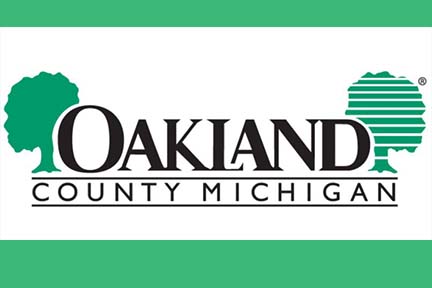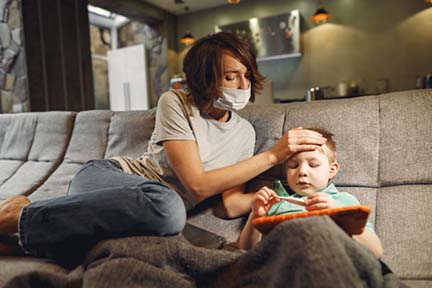
MDHHS expanding program to help human trafficking victims
Press Release FOR IMMEDIATE RELEASE: Jan. 6, 2023 CONTACT: Lynn Sutfin, 517-241-2112, SutfinL1@ MDHHS expanding program to help human trafficking victims Department seeking proposals to provide services LANSING, Mich. – The Michigan Department of Health and Human Services (MDHHS) is seeking proposals to expand services to victims of human trafficking. The department has issued a request for proposals to strengthen victim service programs for survivors of human sex and labor trafficking. Human trafficking is the recruitment, harboring, transporting, providing or obtaining of a person for compelled labor or commercial sex acts through the use of force, fraud or coercion, or inducing someone under 18 years old to perform a commercial sex act. The National Human Trafficking Hotline reported more than 400 calls in 2021 from Michigan. Because human trafficking is a notoriously underreported crime, these types of statics do not capture the full scope and reality of the issue. As victim services continue to develop across Michigan, providers are hoping to create additional opportunities for victims to seek help, support and safety. During the first award period – from May through Sept. 30, 2023 – funding will provide support to organizations with limited experience in serving human trafficking victims so they can better assist in this area. In subsequent award periods, the grant supports a wide range of services to human sex and labor trafficking survivors. The request for proposals is open to 501(c)(3) nonprofits, including faith-based organizations, that have at least one year of experience in delivering human trafficking victim services or working with human trafficking organizations in their communities. Up to $1 million will be awarded over a three-year period. In the first award period, MDHHS expects to fund up to 10 organizations, with a maximum of $100,000 per award. Funded applicants will receive ongoing assistance from the MDHHS project coordinator that will include help with program start-up, reporting requirements and removing barriers to program implementation. Grant applications for the Human Trafficking Victims Services Expansion Programming RFP must be submitted electronically by 3 p.m., Feb. 28. For more information or to apply, visit the EGrAMS website and select the “About EGrAMS” link in the left panel to access the “Competitive Application Instructions” training manual. The complete proposal can be found under the “Current Grants” section under the “Bureau of Community Services” link by selecting the “HTPVS-2023” grant program. |




